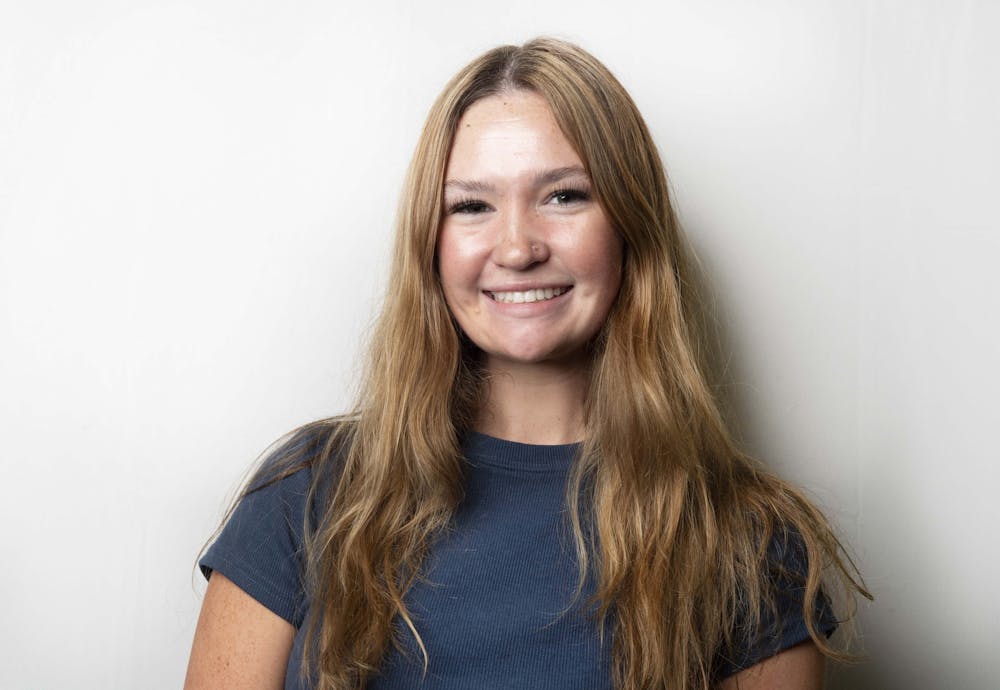The wintry time of year can bring up a lot of emotions as students make their way home for the holidays. From nostalgia when seeing the Christmas tree and hanging ornaments that have been in the family for decades to seeing an empty chair at the dinner table, the holidays can make it difficult to go home.
Cold months which make it a somber time, and there may be uncertainty as to how a family gathering around the holidays may go. Family dynamics or the loss of a loved one can be factors in the “holiday blues.” Feeling blue during the holidays isn’t out of the ordinary, and some may experience anxiety, depression, stress due to lack of sunlight, changes in a routine or diet or a sense of loss and grief. This is not uncommon and occurs each year for some.
The sense of loss especially around the holidays can be a leading reason as to why the holidays feel so heavy. The remembrances of loved ones and how they fit into traditions or how their role are engraved into holiday routines. Sophia Dembling wrote in Psychology Today, “I treat myself gently.” She explains that during the holidays when she is reminded of the loss of a loved one, she asks herself, “What can I give myself to look forward to?” By creating a plan that makes her excited, she describes it as an element of damage control. Eterneva describes the feelings of loss and grief as a time to choose how one responds to loss itself.
For Ohio University students, a change in routine can also make coming home for the holidays tough. The common “winter break” for students can be months long until the start of the spring semester, leaving students feeling out of their normal routine at school. To combat this, it helps to allow a pause from a past routine or begin a new one.
The holidays can be strenuous because of the change in family dynamics. Someone bringing up a political opinion at the dinner table that’s not the same opinion as others seated there can be a common stressor which is dealt with during the holidays. Forbes uses a term called “enlightened disagreement.” It’s described as the antidote to the “all-or-nothing thinking dominating so many of today’s political conversations.”
Enlightened disagreement is about welcoming diverse perspectives and engaging in respectful, meaningful conversations. Or, if this topic should be avoided altogether, Forbes suggests focusing on shared values, redirecting the conversation and knowing when to step away.
From feeling a sense of nostalgia around this time of year to grieving the loss of a loved one, the holidays are going to stick around year after year. A thoughtful way to look at the holidays is to acknowledge the ones that are filling the seats at the dinner table and to know that prioritizing yourself is important during these cold winter months. The holidays are for coming together with loved ones but it’s okay if some days feel heavier than others.
Daphne Graeter is a junior studying journalism at Ohio University. Please note that the views and opinions of the columnist do not reflect those of The Post. What are your thoughts? Let Daphne know by emailing her at dg422421@ohio.edu.






